Vancouverites have had a little over a year to get to know Mayor Ken Sim and his A Better City Vancouver party, who currently hold a majority on city council.
They’ve delivered some campaign promises (100 cops, but not 100 nurses). Plus some goodies that have excited locals, like the return of the Stanley Park miniature train.
They’ve also made strong moves that came swiftly and suddenly. In April, the city and the Vancouver Police Department conducted a “street sweep” of homeless residents on Hastings Street that cost over half a million dollars. Most recently, Sim and ABC councillors have rushed to permanently dissolve the city’s 135-year-old elected park board, a surprise decision that has created a rift with the party’s own commissioners who sit on that board.
These actions have offered some insight into the first-time mayor of a brand new political party, one that swept into power last year with messaging on public safety and a savvy campaign that ran a full-ish slate of candidates amidst a confusing crowd of contenders.
However, the curveballs — including property tax hikes from a mayor who previously criticized such a thing — leave many questions remaining about what the city might look like in the next three years under the ABC government.
“The entire campaign did give a sense of really simple messaging from a relative political outsider who was inevitably going to run into the messy realities of governing,” says Stewart Prest, a lecturer in political science at the University of British Columbia.
“It’s one thing to say we’re going to cut costs and find efficiencies. It’s another to realize that you have to continue to fund... the many costs of the city, which are actually quite fixed. I think it’s fair to say that there’s a steep learning curve for this party.”
Here are interviews (condensed for brevity) with a dozen city hall watchers on Mayor Sim and the ABC-majority council’s record so far, and what actions they hope to see next year.
On ABC’s strong, sudden moves:
UBC political scientist Stewart Prest: “‘Staccato policymaking’ is a term for this. Rather than building support for a particular direction, it’s very abrupt, often just appearing out of nowhere, like with the park board. Rather than sounding out different parties and trying to build support for an issue, there seems to be some kind of internal process, often a closely guarded secret. And then we see sudden action.
“It seems like they are trying to signal that they are doers of things. But also, it can seem to be short-circuiting democratic processes by not engaging in coalition-building even within their own ABC coalition.
“My sense so far is that the mayor has a certain instinct about what he would like to see done... always looking for efficiencies, always looking for the quick gains and demonstrable outcomes like restoring the [Stanley Park miniature] train or ‘Look, we did a thing, we’re bringing the Rolling Stones.’ It’s really concrete, clear and symbolic.
“Now, we are seeing evidence that there’s a mayor’s task force responding, looking for ways to either generate additional revenue or offload expenses and costs onto other governments, whether it’s other municipal governments or other levels. I think if the city is really looking to hold the line on costs or reduce costs, then we are setting ourselves up for more acrimonious politics in the coming years, and it might make it more difficult to maintain that ‘good time.’”
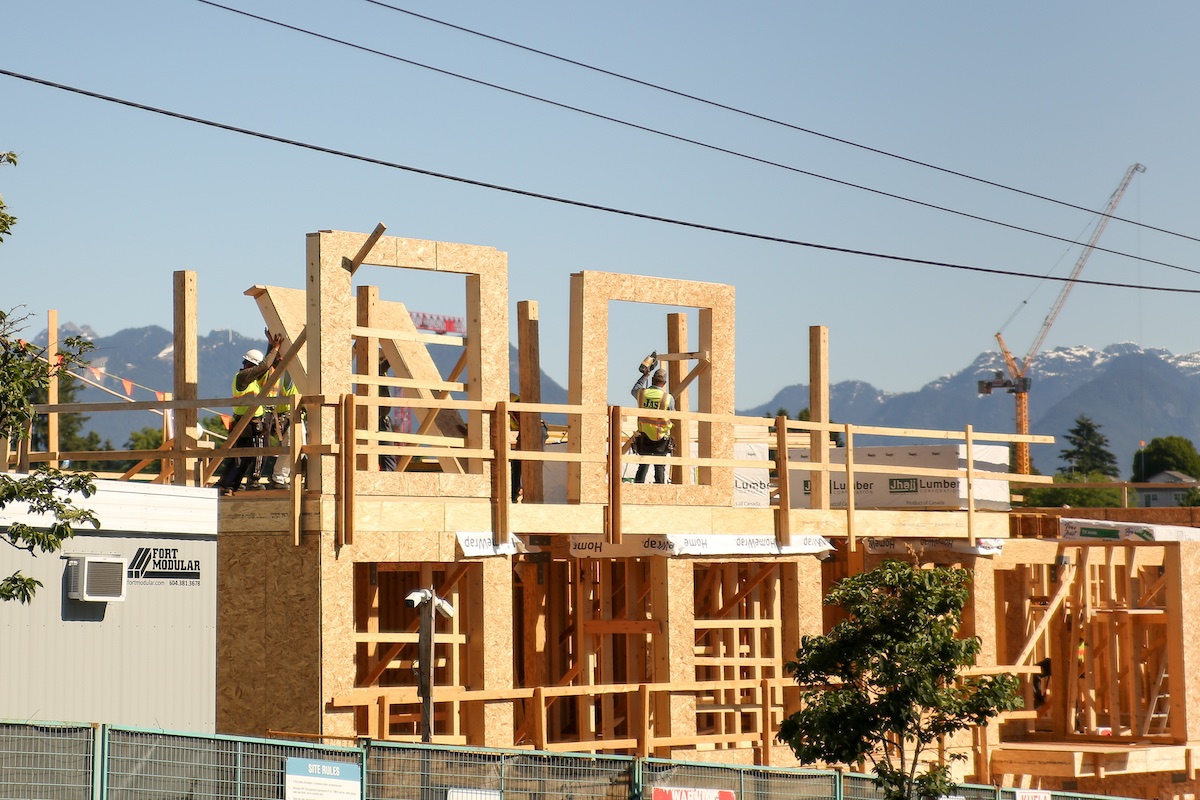
On cutting ‘red tape’ and speeding up housing approvals:
ABC ran on its 3-3-3-1 framework for housing permits: a goal of three days for renovations, three weeks for houses and townhouses, three months for multi-family and mid-rises, and one year for highrises and other large projects. This was adopted by council this past June.
Homebuilders Association Vancouver CEO Ron Rapp: “Well, I don’t think anyone has received a three-day renovation permit yet.... We have heard of some being issued inside of two or three weeks, which is amazing. But those were very low-hanging fruit. In terms of a home or a multi[-family project] that would be going forward, they’re still subject to extensive reviews from many different departments, often with conflict regimens.
“Staff is working on that, albeit painfully slow. They have worked to adopt some kind of electronic assistance... that is being piloted as we speak.
“We certainly welcome the idea of pre-approved plans coming from the province, particularly with the infill and multiplex options, because that can go a long way to be able to streamline the processing times.
“One of the good things the city has done... they basically brought all of the nine different single-family zones under one zone.
“Not to single Vancouver out, but certainly Vancouver is the poster child for introducing that degree of complexity... going from heritage, landscaping, engineering, design guidelines, view cones etc. These have crept into the process over many years and it’s going to take a while to unravel them.”
On driving the direction of transportation policy:
Transportation advocacy group Vision Zero Vancouver: “Does ABC believe cities can use proven solutions to put an end to deadly car crashes? Their actions this year point to no.
The lowlight of the year was ABC squashing a Broadway bike lane — reversing a previous council decision, Vancouver Transportation 2040 policy direction and community input. They got their own evidence when they ripped out the Stanley Park bike lane and saw a spike in dangerous driving.
“We’ve brought ABC evidence that lower speed limits and automated speed enforcement are affordable, proven solutions. Unconvinced, they interfered with attempts by non-ABC councillors on both.
“Cautious optimism for 2024: ABC agreed to remove parking minimums in parts of the city, and their plan to pilot pedestrianizing parts of Water Street next summer could be a turning point towards more people-oriented streets in Vancouver. But to truly show they care about safe transportation, we’ll be looking for a lot more.”
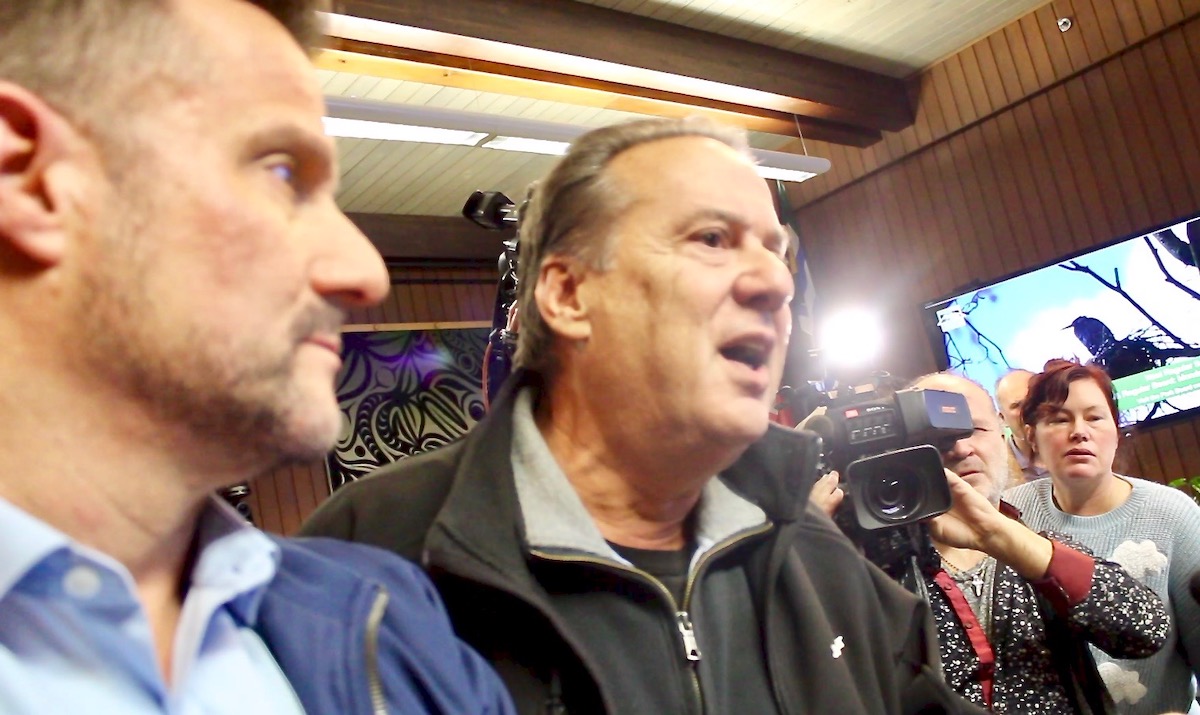
On the move to get rid of Vancouver’s elected park board:
John Coupar, former three-term NPA park board commissioner and chair: “We’ve had a park board for about 135 years. Mayors and councils over all those years have come to see the value in the park board.... It’s direct democracy.
“There were so many times that the public would come out and we would listen to issues that are very important to neighbourhoods. Some of the things, like where a community garden goes or the engagement on building a neighbourhood park, they might not be important to council, because they’re dealing with [other] various things.
“People say, ‘Other places don’t have a park board.’ I say just look at the City of Vancouver and compare it to other places.... Clearly, the long-term influence of the park board and land policy decisions has been to the benefit of Vancouver residents and visitors. These are the things that are part of us as a destination.
“The sad part to me is that the mayor seems to be blaming the park board for things that are actually the direct result of the City of Vancouver. We have the lowest funding of any large municipal organization in Canada, and that’s a fact.... We’re seeing a centralization of power by somebody who doesn’t seem to understand what those levers should achieve.
“That’s why there’s so many commissioners and past commissioners, virtually every political party in the mix, coming together to say this is an undemocratic move.
“I’m hoping that the premier will step in and see that this is something that’s been done without a mandate. It would be different if the mayor had run on a platform of this move, but he did not.”
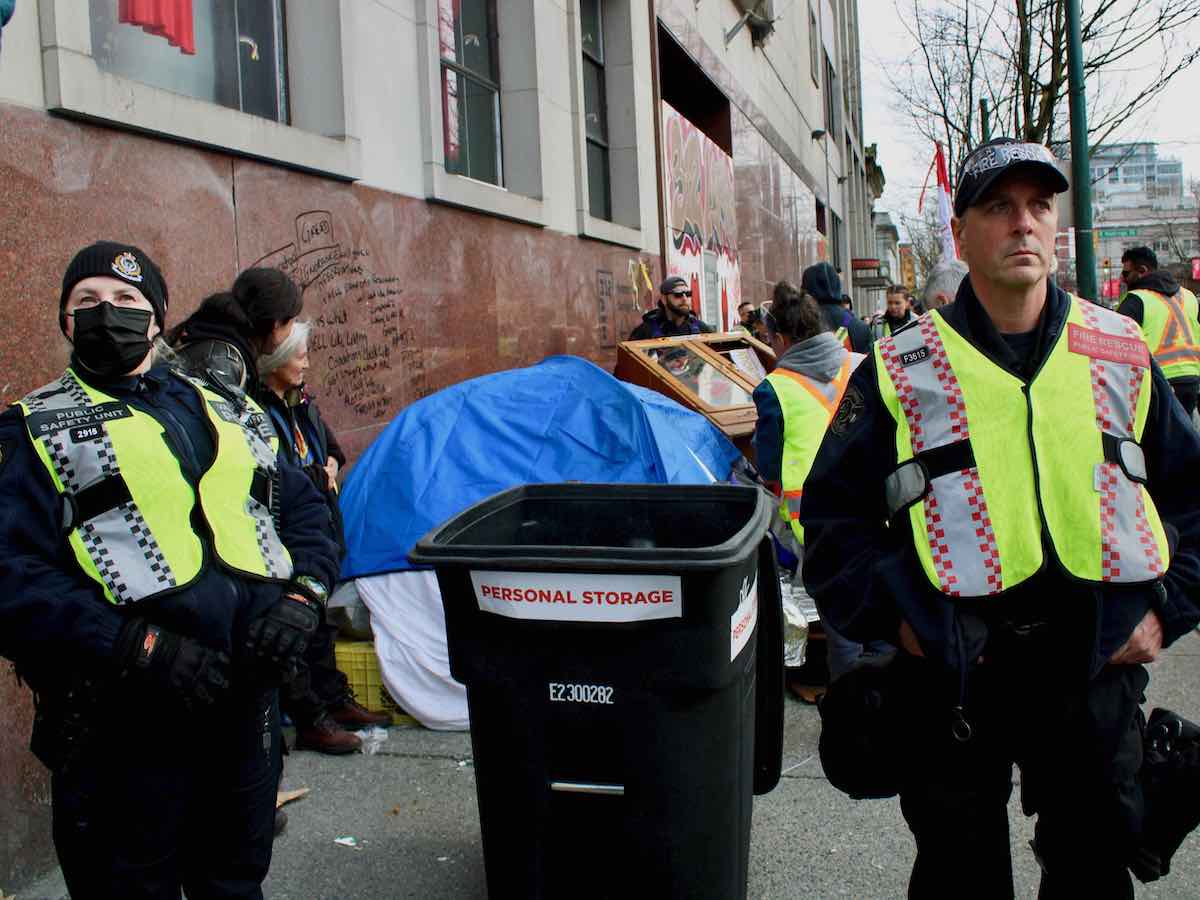
On the rise of police power:
Vancouver Area Network of Drug Users organizer Vince Tao: “We saw the police [rising in power since the 2022 election], beginning with their unprecedented support of a political party going into the election, and then shortly after that the promise of 100 cops. The escalation of police sweeps [of homeless people].
“I remember early in the year, you would see a single homeless dude standing on the street and there would be a crowd of around eight to 10 police officers standing there just waiting for him to leave.
“We saw the April decampment, the paramilitary operation. I’ve never seen anything like that: their use of force, the use of funds to actually pay for that kind of force.
“Non-profits that fill the gaps of the social safety net are also being attacked. They’re being defunded or delegitimized.
“This is also part of the police plan — shortly before the election, they put out a farcical report saying the non-profits are the problem. I think people forget that police don’t just kill with bullets; they kill with their budgets.
“In this new ABC phase we’re seeing — whether it’s them cutting the living wage at the city itself, the attack on social services and non-profits, all while they’re giving money to [real estate] developers, money to the police — we can’t rest on our laurels anymore.
“We can’t imagine that the city has the interest of regular people anymore.
“We really do need to wake up and see what’s going on and try to overcome this kind of political malaise and hopelessness. Because things are only going to get worse unless we organize.”
On broken trust with the Downtown Eastside:
Overdose Prevention Society executive director Sarah Blyth: “What happened with the taking away of the tents and not telling local groups, [that was the worst thing]. Not telling local groups and then just coming through and taking out all the tents and almost having a riot and then sitting there watching it.
“I would have been happy to help people get to housing. But they didn’t [let us know]. They didn’t trust us. And so they did that, and now we don’t trust them anymore.
“There’s a lot of people in the [cold] right now in the Downtown Eastside with very little support. They’re out in the rain in the cold in the alleys now, just being swept away from Hastings constantly.
“I would like to see a place for people to go inside where they can get some food, where they can lie down, take a shower, where they can get some of the supports they need.
“[One positive thing I can think of] is declaring Smokey D. Day, celebrating the fact that [graffiti artist] Smokey — in his non-partisan way — was able to help Chinatown, bring some awareness around some of the issues that they were having and show that we were willing to work together.”
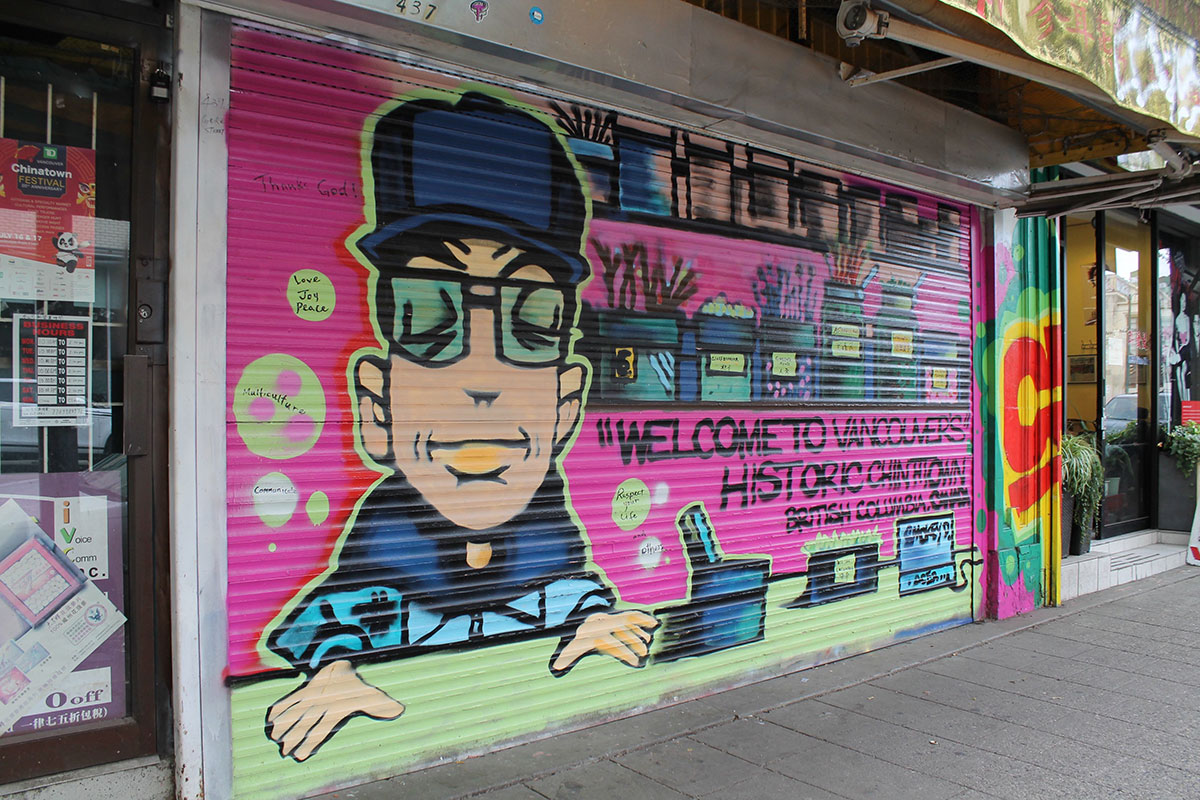
On the growing divide between rich and poor in the city:
Former Coalition of Progressive Electors city councillor and current Carnegie Housing Project advocate Jean Swanson: “There’s a real class division. They’re focusing on the upper-middle class and richer people and not people who are homeless, people who need housing, people who are poor.
“I actually went and looked at their platform and in the inclusivity part, it [mentioned] racism, it didn’t like discrimination based on gender — but poverty was completely missing. It wasn’t even mentioned.
“In the bad category is refusing to even have staff look at extending the leases or finding new sites for the [temporary] modular housing. Sweeping people off Hastings Street when there wasn’t any accommodation for them. Taking the money out of the empty homes tax — it was for social housing — and giving it to the developers. Getting rid of the living wage.
“I think they’re implementing the class war more overtly than politicians usually do in terms of helping one class and hurting the poor class.
“I’d like them to have a conversion and start helping low-income people. That would be nice.
“One thing [I’d like to see] would be trying to get a mansion tax out of the province, so that the city could have more money to do the things that are necessary.
“Like open more shelters, more washrooms, put more money into low-income housing, that kind of thing.”
On funding for Chinatown and inner-city 'disorder':
Vancouver Chinatown Business Improvement Association president Jordan Eng: “With the previous council, everything was a pilot program.... We’re really happy with the support that we have with council now and hopefully we can sustain good work.
“[On the city’s new satellite office in Chinatown], it should be seen symbolically as a strong sign of support for the neighbourhood.... You don’t feel the vibe until you’re embedded in the neighbourhood.
“[On the street sweeps], I don’t want to comment too much on that. What I can say is that council had allocated $2.1 million to Chinatown and only $700,000 of that was related to Chinatown. The balance of it was to the Downtown Eastside.... We’re all in one spot so we all have to live together.
“There was quite a bit of disorder coming out of COVID in terms of safety and security.... A big concern was the reporting of random attacks of seniors.... We’re seeing a lot more activity of people coming down to Chinatown.
“[On the battle over the approval of the 105 Keefer development], the courts gave specific direction that they could act on and how the city could respond. I think if the city had been more transparent in explaining that, they wouldn’t have divided the community like it did.” A justice had called the project’s initial rejection “substantively unreasonable” because of “inadequate” reasoning.
“We have also been working actively on the Northeast False Creek planning process, which has been long and drawn out, to provide housing in those areas where the government already owns land. That’s something we look forward to.”
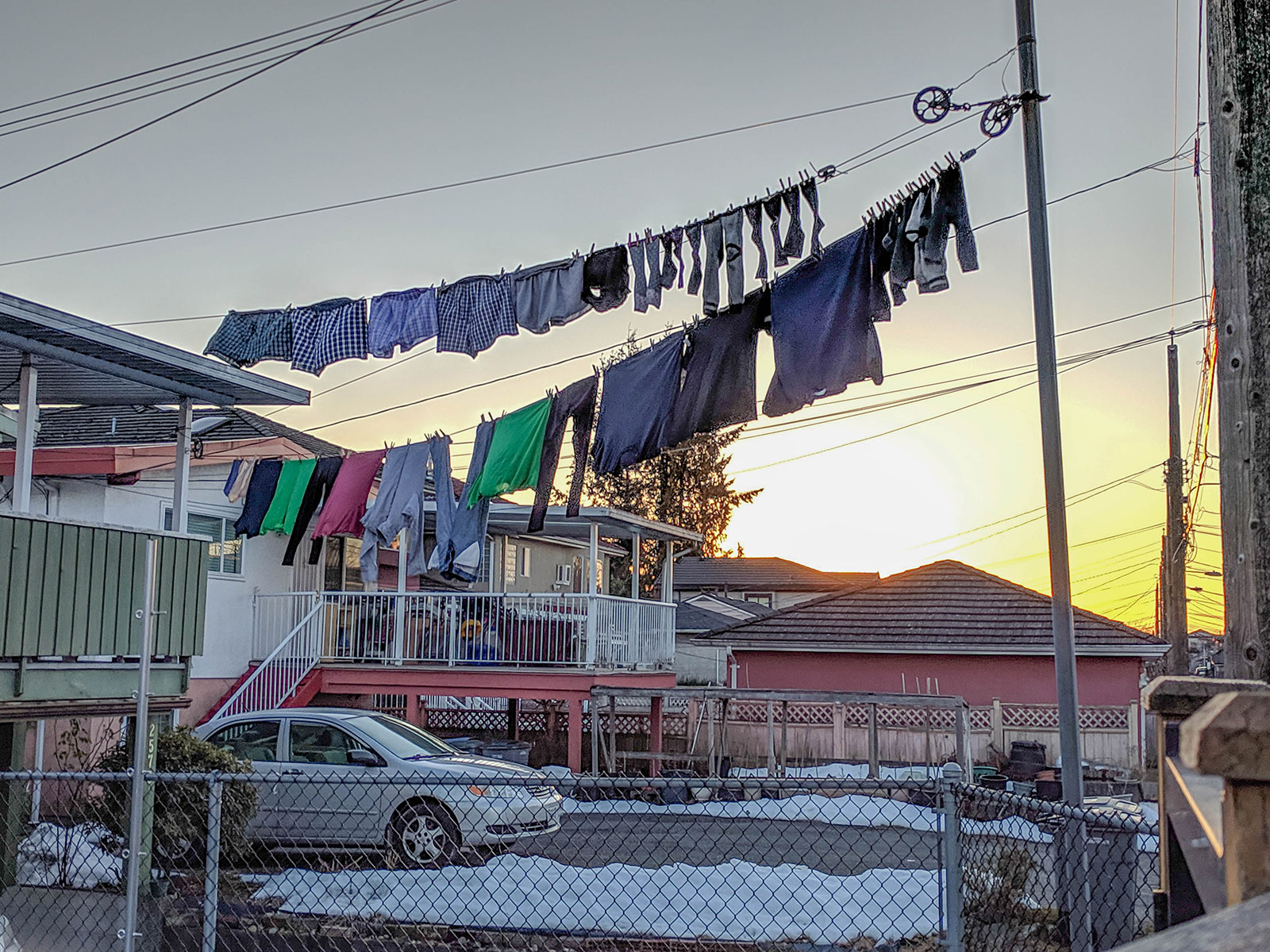
On council’s funding for South Vancouver, where many voted for ABC politicians:
South Vancouver community advocate Pall Singh Beesla: “It’s an immigrant community. Their priorities are not that of advocating for space, but to ensure the stability of their families. So it’s easy to dismiss that neighbourhood for so many years. It’s not just a reflection of the last council. It’s historic.
“The current mayor and council funded a water/spray park for kids in South Van. We’ve gotten supports from social policy specifically for Punjabi Market. These are a direct result of Coun. Fry’s [Pete Fry of the Green Party of Vancouver] motion four years ago.
“The [council] also fulfilled the remaining funding for the cultural redress work to the South Asian community without having to go to a vote.... The neighbourhood house got funding [on Dec. 13], and that was thanks to savings from staff who did all that work.
“Folks like the mayor are like me: that first generation of Canadians who know the struggle of our parents and our elders. They were unable to fight for supports and infrastructure, so that infrastructure doesn’t currently exist.
“So now, my generation is advocating for those supports so that the next generation can benefit.... That’s why neglected communities, groups of disenfranchised coalesced behind this ABC majority.”
On the business of running the city:
Former Vision Vancouver city councillor and UBC public policy professor Andrea Reimer: “I just can’t shake the feeling that somehow Vancouver became bro town.
“The tone coming out of the city is this kind of chest-bumping, let’s-chug-a-beer-and-swagger-a-little.
“As someone who’s not a bro, it feels somewhat alienating.
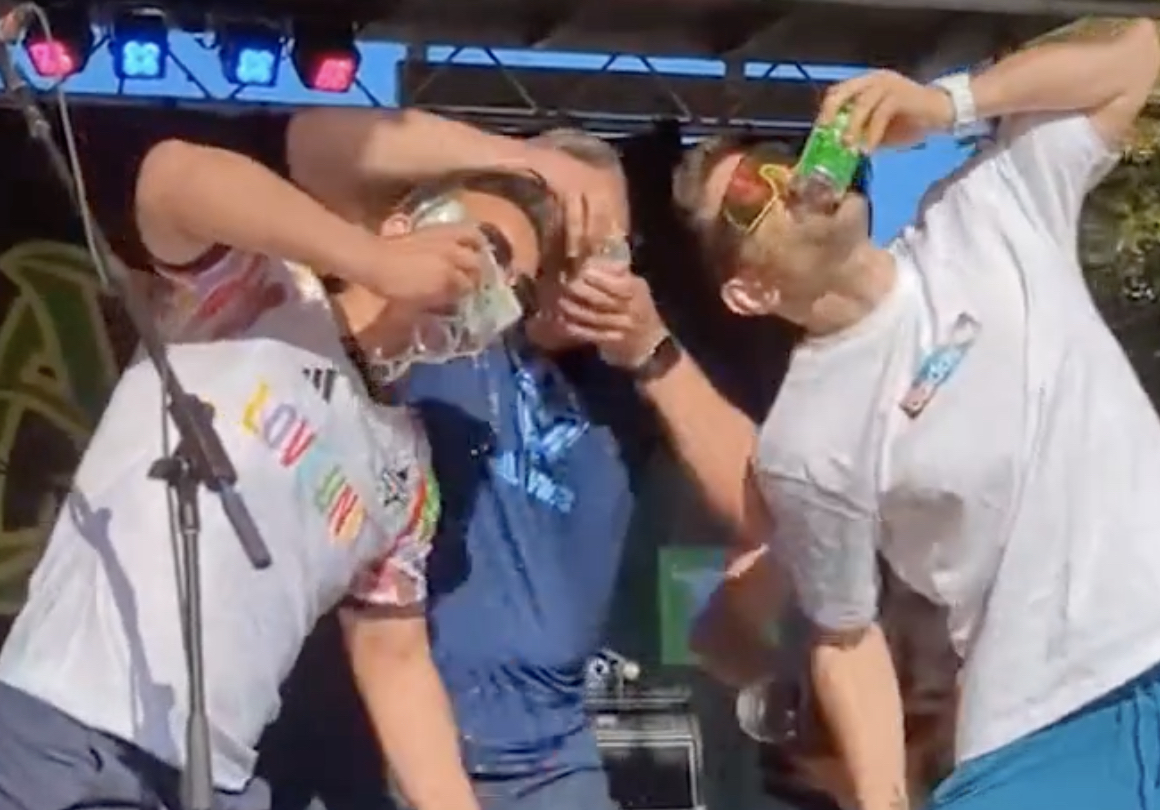
“[On the positive side] there’ve been a lot of votes that have been unanimous at council. From what I’ve seen, the business of running a city remains a unanimous activity at council. And that’s a bit of a change from the last term.
“This park board thing though [where ABC councillors suddenly voted to remove the elected park board] — it’s bad. It’s not the content — you can be for or against the park board or have no opinion at all.
“But it plays into all this discourse that governments are swamps or cesspools or that they always lie to you. It’s just such a poorly done decision that I think it’s going to undermine a lot more than the park board.”
On the mayor’s constant mentions of ‘swagger’:
Stewart Prest: “It is in some sense a reflection of how he would like folks to see the city and himself as the ‘cool mayor.’
“We have these end-of-year interviews where exercise equipment shows up.... I think it’s an attempt to change perceptions by essentially talking about it over and over again, and trying to find symbolic ways the city can focus on fun, entertainment and being not quite macho but going in that direction.
“It can work to a point. But if it’s a tone that you’re constantly hitting, I think it can wear thin on people, particularly those who are really dependent on the city to deliver real policy outcomes when there’s a constant focus on image.” ![]()
Read more: Municipal Politics


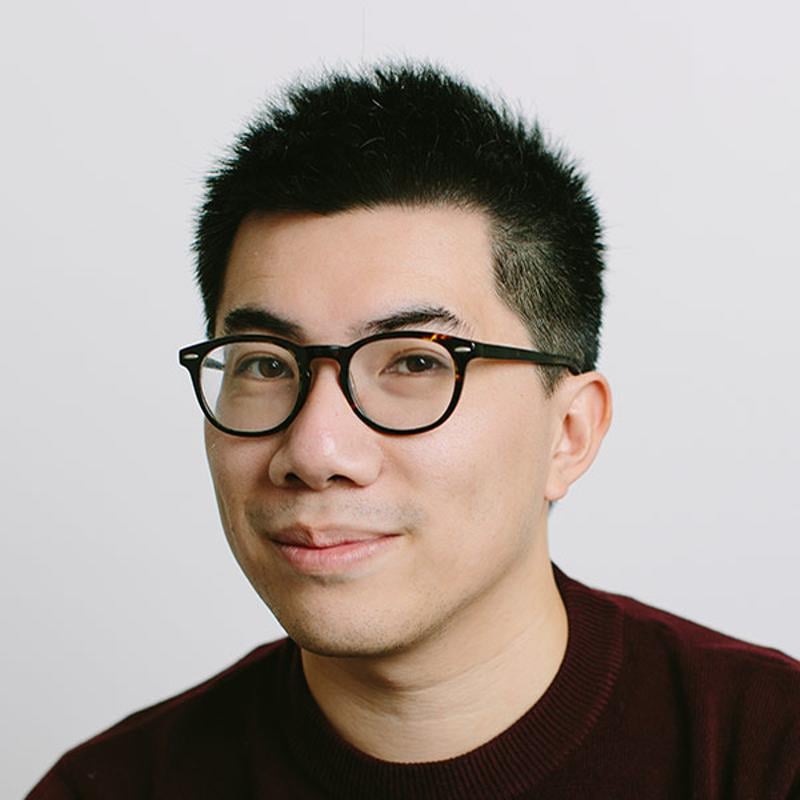


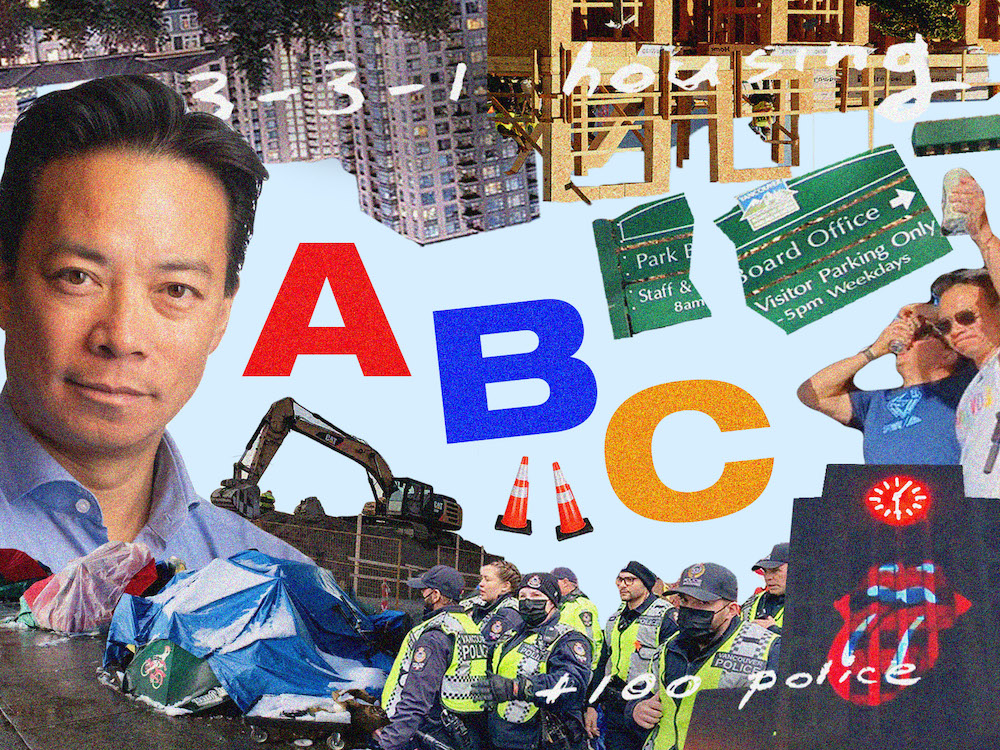












Tyee Commenting Guidelines
Comments that violate guidelines risk being deleted, and violations may result in a temporary or permanent user ban. Maintain the spirit of good conversation to stay in the discussion and be patient with moderators. Comments are reviewed regularly but not in real time.
Do:
Do not: